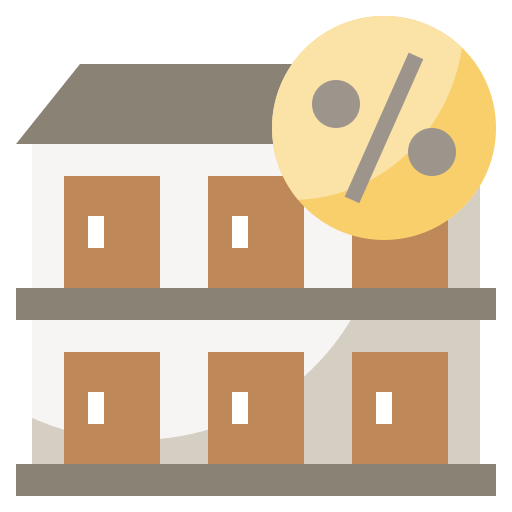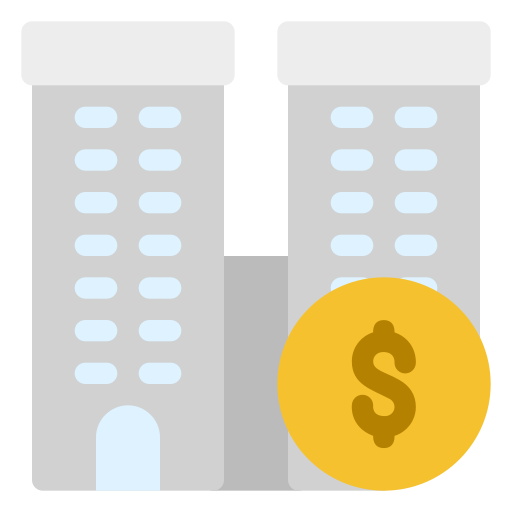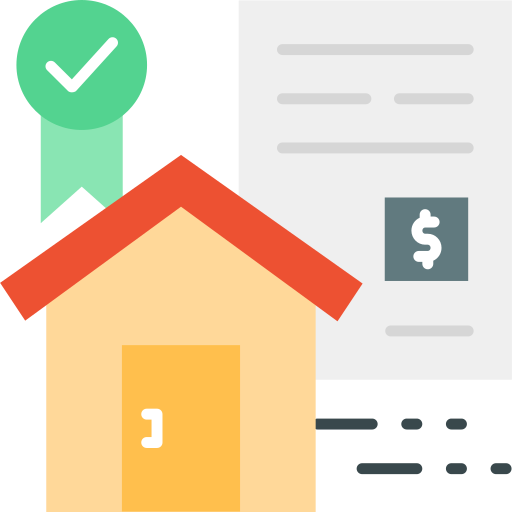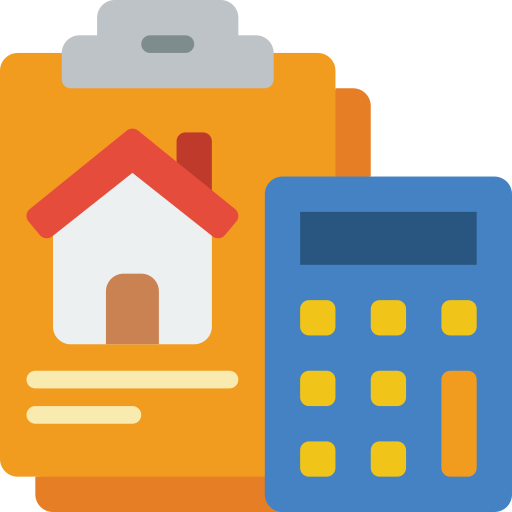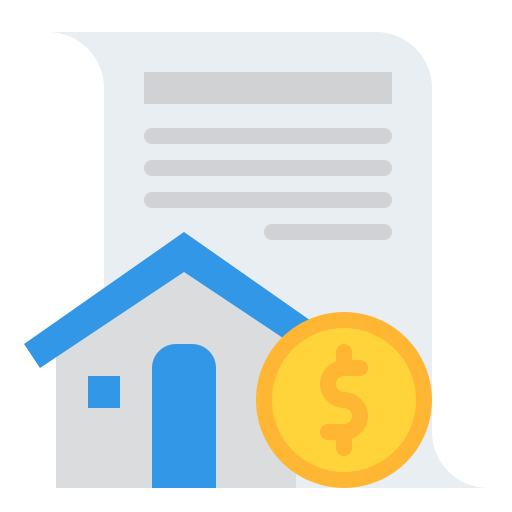Last Updated: December 2023

A hard money loan is a high-interest, short term loan that experienced investors use to purchase and/or rehab properties. The loans are typically funded by private investors, not traditional lenders like banks, and are short-term for 12 months or less. Interest rates on hard money loans are generally higher than traditional loans, ranging from 8% to 20%, and are structured with a balloon payment at the end. Hard money investment loans can be a fantastic option for experienced real estate investors who need quick access to capital – sometimes in as little as 48 hours, to purchase or rehab a property.
What is a Hard Money Loan?
A hard money loan is a type of short-term financing in real estate, primarily used for investment properties, where the loan is secured by the property itself rather than the borrower’s creditworthiness. These loans are typically issued by private investors or companies, come with higher interest rates and shorter terms than traditional mortgages, and are often used for properties that have a business intent behind it, such as a fix and flip or investment property transaction.
Important Hard Money Terms
Balloon Payment – A balloon payment in real estate refers to a larger than usual lump sum payment that is due at the end of a loan term, typically after several years of smaller payments.
Promissory Note – A promissory note is a legally binding document in which a borrower agrees to repay a certain amount of money to a lender by a specified date, often including details about the repayment schedule, interest rate, and consequences of default.
Types of Hard Money Loans
Hard money loans are typically characterized by their purpose and terms. Here are some of the different types of hard money loans:
Fix and Flip Loans
These are used by investors who want to buy a property, renovate it, and sell it as quickly as possible. Once the property is flipped, the funds from the sale are used to pay off the loan.
Bridge Loans
A bridge loan is a type of short-term loan that’s used until a person or company secures permanent financing or removes an existing obligation. Real estate investors might use a bridge loan to finance a commercial property before refinancing it or selling it.
Construction Loans
These are used by builders and developers who purchase a vacant lot to build a new property. The loan is repaid once the property is completed to be sold or refinanced.
Investment Loans
These are used by developers and builders to purchase a vacant lot to build a new property. The loan is repaid once the property is sold or refinanced.
Hard Money Loan Requirements for Rental Properties
The requirements for getting a hard money loan for a rental property will vary depending on the lender and their specific policies. Here are a few things to keep in mind when searching for one:
1. Sufficient Equity in the Property as Collateral
The amount you can borrow is primarily based on the value of the property and your equity in it. Hard money lenders will typically need to see significant equity in the property (at least 50% or more) to fund a loan. The amount of the loan will depend on the amount of equity there is in the property.
2. Have a Plan to Repay the Loan
Lenders will want to see a clear and realistic exit strategy, such as selling the property after improvements or refinancing through a traditional lender. For example, if the borrower is seeking a loan for a multifamily property, the plan could be to fill vacant units to increase value and then refinance to pay off the hard money loan.
3. Proof of Ability to Handle the Project
This is particularly important if you are intending to renovate or rehab the property. Lenders will want evidence that you have the necessary experience, real estate finance acumen, or team in place to successfully complete the project.
4. Valid Appraisal of the Property
Hard money lenders typically require a professional and independent appraisal of the property’s value. This gives the lender confidence in the value of the property, which serves as collateral for the loan.
Pros & Cons of Hard Money Loan for a Rental Property
Hard Money Pros
- Speed and flexibility: Hard money lenders are primarily concerned with the value of the property and not the borrower’s creditworthiness. This means they can often approve and disburse loans faster than traditional banks. They can also offer more flexible terms and are open to negotiating different aspects of the loan.
- Short-term financing solution: If you have an opportunistic real estate investment, then a hard money loan can be an effective solution to provide fast access to capital for a short period of time to close the deal.
- Credit history less important: Because the loan is secured by the property, your credit score and income history are often less important to hard money lenders. This can be beneficial if you have a less-than-stellar credit history.
Hard Money Cons
- High interest rates: Hard money loans usually come with significantly higher interest rates than traditional mortgages. This can increase the cost of your project and reduce your potential profit.
- Short loan term: Hard money loans usually have short repayment terms, often 12 months, with some extending up to 5 years. If you’re not able to refinance or sell the property within this timeframe, you could risk losing the property.
- Requires significant equity: Since hard money lenders base their loans on the property’s value, you’ll typically need to have significant equity in the property (at least 25-30%) in order to secure the loan. This can be a barrier if you’re just starting out in real estate investing.
The #1 Rental Property Newsletter
Once a month, we send out an exclusive Rental Property Market Update with top stories, current mortgage rates, building products, and more. No spam and unsubscribe anytime.

Rental Property Hard Money Loan FAQ
How long are the terms for hard money loans?
Hard money loans are typically short-term, ranging from a few months to a few years. The most common terms are 12 months to 36 months, but the duration largely depends on the project’s nature and the agreement between the borrower and the lender.
What are the typical interest rates for hard money loans?
Interest rates for hard money loans are generally higher than traditional bank loans, often ranging between 7% to 15%. The exact rate can vary based on the lender, the perceived risk of the project, the loan’s duration, and the borrower’s experience.
Are there any significant fees associated with hard money loans?
Yes, hard money loans often come with various fees, such as loan origination fees, underwriting fees, and early repayment penalties. The exact fees and their amounts can vary widely among lenders, so it’s crucial to understand all costs before entering into an agreement.
About the Author

Ryan Nelson
I’m an investor, real estate developer, and property manager with hands-on experience in all types of real estate from single family homes up to hundreds of thousands of square feet of commercial real estate. RentalRealEstate is my mission to create the ultimate real estate investor platform for expert resources, reviews and tools. Learn more about my story.
More Rental Property Loans
Disclaimer: The information provided on this website does not, and is not intended to, constitute financial advice. As such, all information, content, and materials available on this site are for general informational purposes only. Please review our Editorial Standards for more info.

